Toyota broadly outlines next-generation Prius; developing wireless inductive charging for the plug-in model; bullish on hydrogen
Green Car Congress
AUGUST 28, 2013
Toyota has stepped up its research, development and production capacity of both NiMH and Li-ion batteries and will use these technologies where appropriate in its expanding focus on electrification of the automobile. We have also heard from owners that they would like a more convenient charging operation. —Satoshi Ogiso.




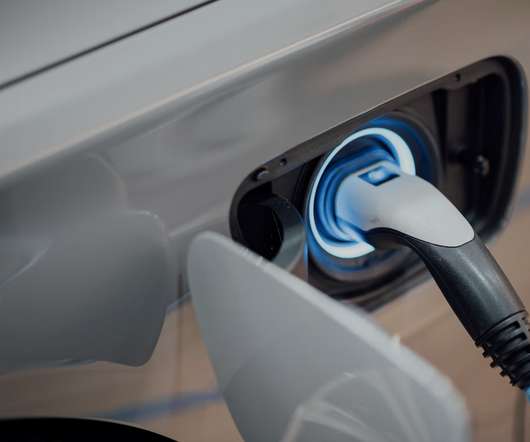
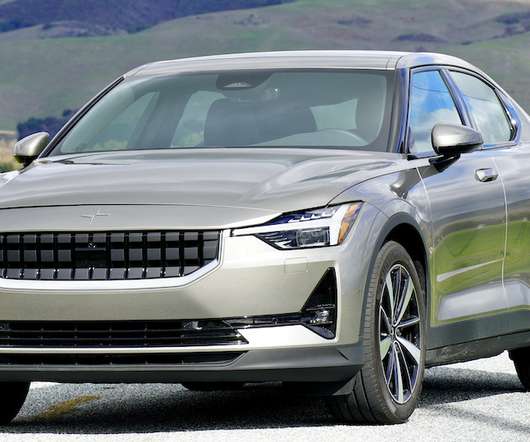
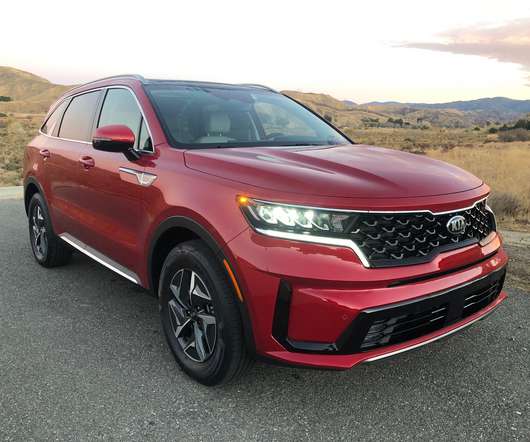


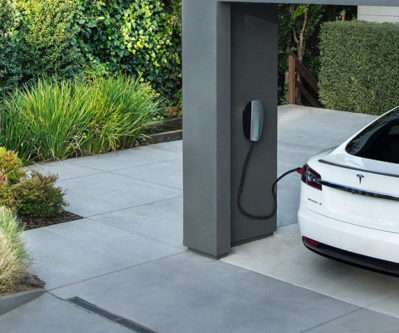

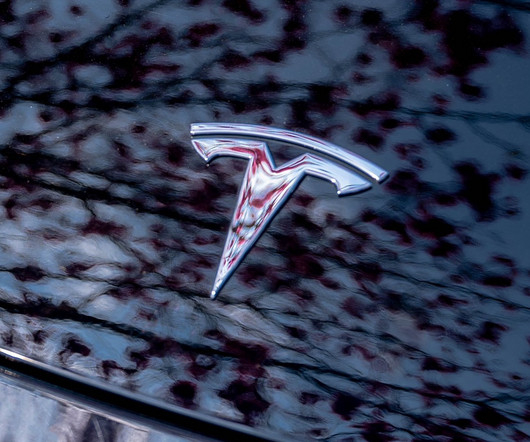
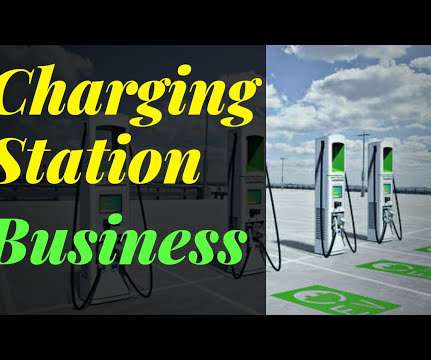
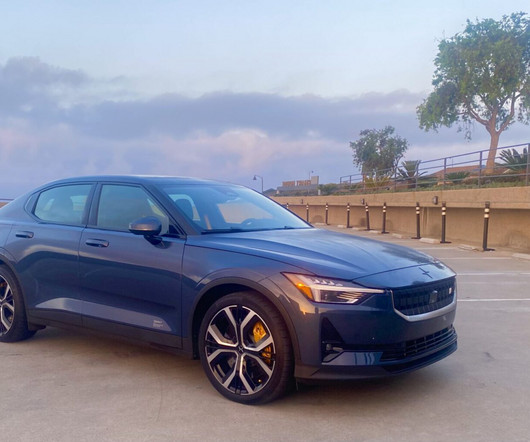

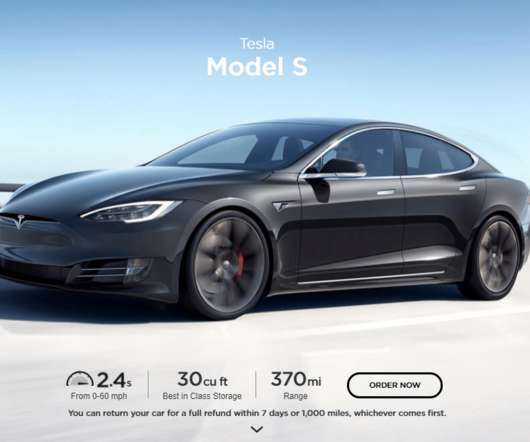
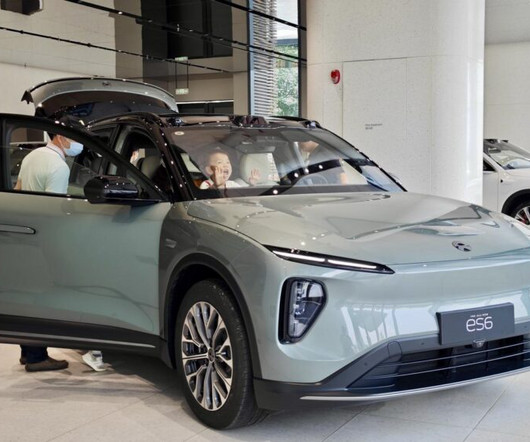








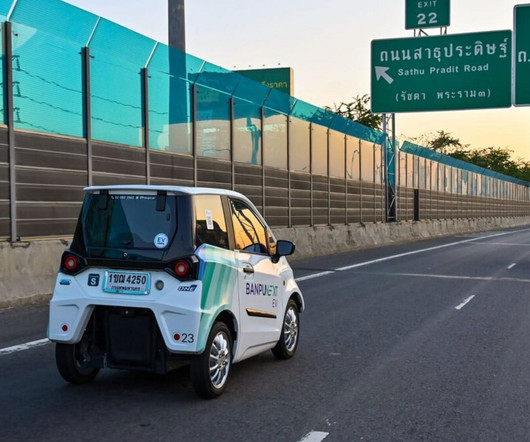









Let's personalize your content